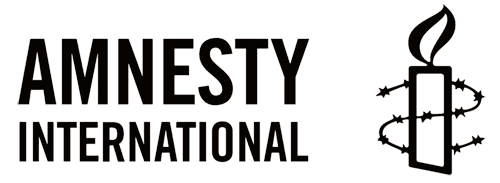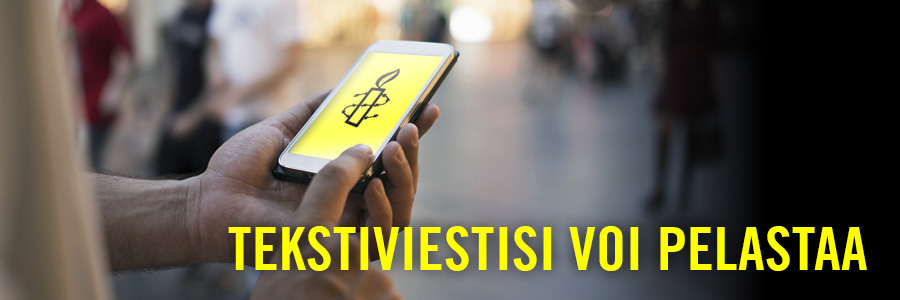Dear Mr Gholamhossein Mohseni Ejei,
Hossein Shahbazi, aged 22, is at imminent at risk of execution for a fifth time in Adelabad prison in Shiraz, Fars province, following his conviction related to a crime that took place when he was just 17 years old. His family has exhausted all legal routes to stop his execution, and it appears that the Iranian authorities are determined to proceed with his execution on Sunday 28 May. His four previous scheduled executions were postponed following public outcries.
Hossein Shahbazi was arrested on 30 December 2018 and denied access to a lawyer and his family for 11 days while held at a detention facility run by the investigation unit of Iran’s police (Agahi) in Shiraz. He has said that interrogators subjected him to torture and other ill-treatment during this time. On 13 January 2020, following a grossly unfair trial during which his forced “confessions” were used as evidence against him, Branch 3 of Criminal Court One in Fars province convicted him of murder and sentenced him to death. His conviction was upheld by the Supreme Court on 16 June 2020. His request for a judicial review of his case in 2021 was rejected by the Supreme Court. In the ruling of the Supreme Court, reviewed by Amnesty International, the judicial authorities acknowledged that he was under 18 at the time of the crime, but stated that the Legal Medicine Organization of Iran, which is a state forensic institute under the supervision of the judiciary, had found that he had attained “mental growth and maturity” at the time of the crime and therefore merited the death penalty. This and other opinions from the Legal Medicine Organization of Iran confirming the “maturity” of children at the time of the crime again highlights the complicity of doctors affiliated with this state body in the ongoing assault on children’s right to life in Iran.
Iran continues to sentence to death and execute people who were under the age of 18 at the time of the crime for which they were convicted, in violation of its obligations under the International Covenant on Civil and Political Rights and the Convention on the Rights of the Child.
I urge you to immediately halt the scheduled execution of Hossein Shahbazi, quash both his conviction and death sentence, and grant him a fair retrial in full compliance with international law and the principles of juvenile justice, excluding coerced “confessions”, and without resorting to the death penalty. I urge you to protect him from further torture and other ill-treatment and investigate his torture allegations, bringing anyone found responsible to justice in fair trials without resort to the death penalty. I call on you to immediately establish an official moratorium on all executions and completely abolish the use of the death penalty against persons who were under the age of 18 at the time of the crime, in line with Iran’s obligations under international law, pending full abolition of the death penalty.
Yours sincerely,
Taustatietoa
After Hossein Shahbazi was arrested and detained for 11 days by the Agahi in Shiraz, he was transferred to a child detention facility but still denied access to his family for several days, after which his mother was allowed to visit him. According to sources with knowledge of his case, during this visit, he had bruises on his face and appeared to have lost weight. He is currently imprisoned in Adelabad prison in Shiraz.
Iran’s criminal justice system facilitates the violation of the right to life, perpetuates a cycle of violence and seeks to place the responsibility for state-sanctioned killings of human beings on those who have lost their next of kin to murder. Under Iran’s laws, qesas (retribution-in-kind) is a system of equivalent retaliation which involves subjecting those convicted of murder to the same fate as that suffered by the victim of murder – that is death. The law grants this power to the family of the murder victim who may demand and carry out the killing of the defendant or grant pardon in exchange for “blood money” (diyah). In death penalty cases involving persons convicted of crimes taking place when they were children and based on qesas, including the case of Hossein Shahbazi, the Iranians authorities frequently mislead the public and the international community by claiming that the final decision on carrying out or halting the execution is out of their hands and that all they can do is to mediate and encourage the family of the victim to grant pardon in exchange for “blood money” (diyah). Amnesty International emphasizes that these claims are dishonest and reflect a fundamental lack of respect for children’s rights by the Iranian authorities. Iranian courts sentence individuals to death for crimes that took place when they were children, in flagrant violation of international law, and Iranian courts subsequently reject repeated requests to commute these death sentences.
The absolute prohibition on the use of the death penalty against persons who were under the age of 18 at the time of the crime for which they have been convicted is provided in the International Covenant on Civil and Political Rights and the Convention on the Rights of the Child, both of which Iran has ratified. It is also recognized as a peremptory norm of customary international law, which means it is accepted and recognized by the international community of states as a norm which is binding on all states and from which no derogation is permitted. Amnesty International opposes the death penalty in all cases without exception, regardless of the nature or the circumstances of the crime; guilt, innocence or other characteristics of the individual; or the method used by the state to carry out the execution.


